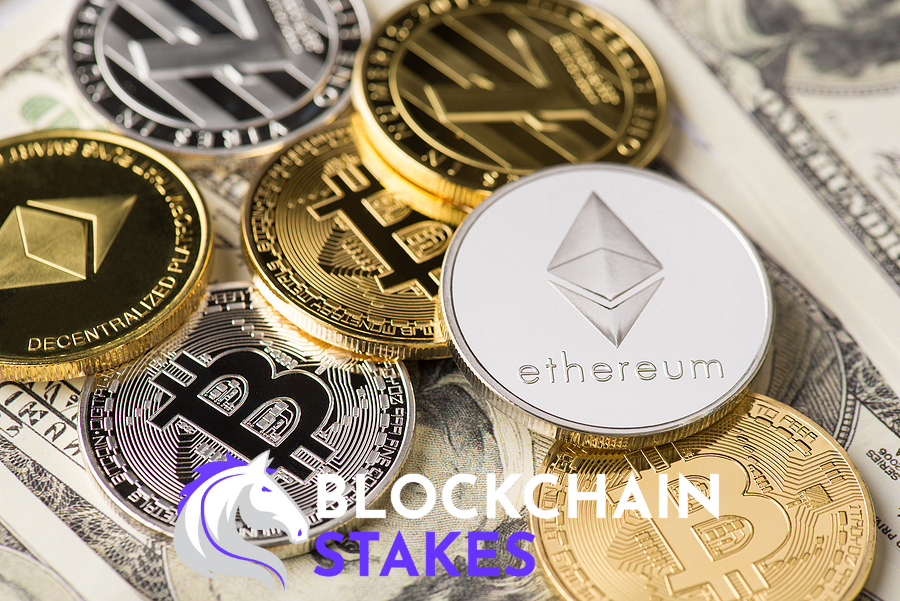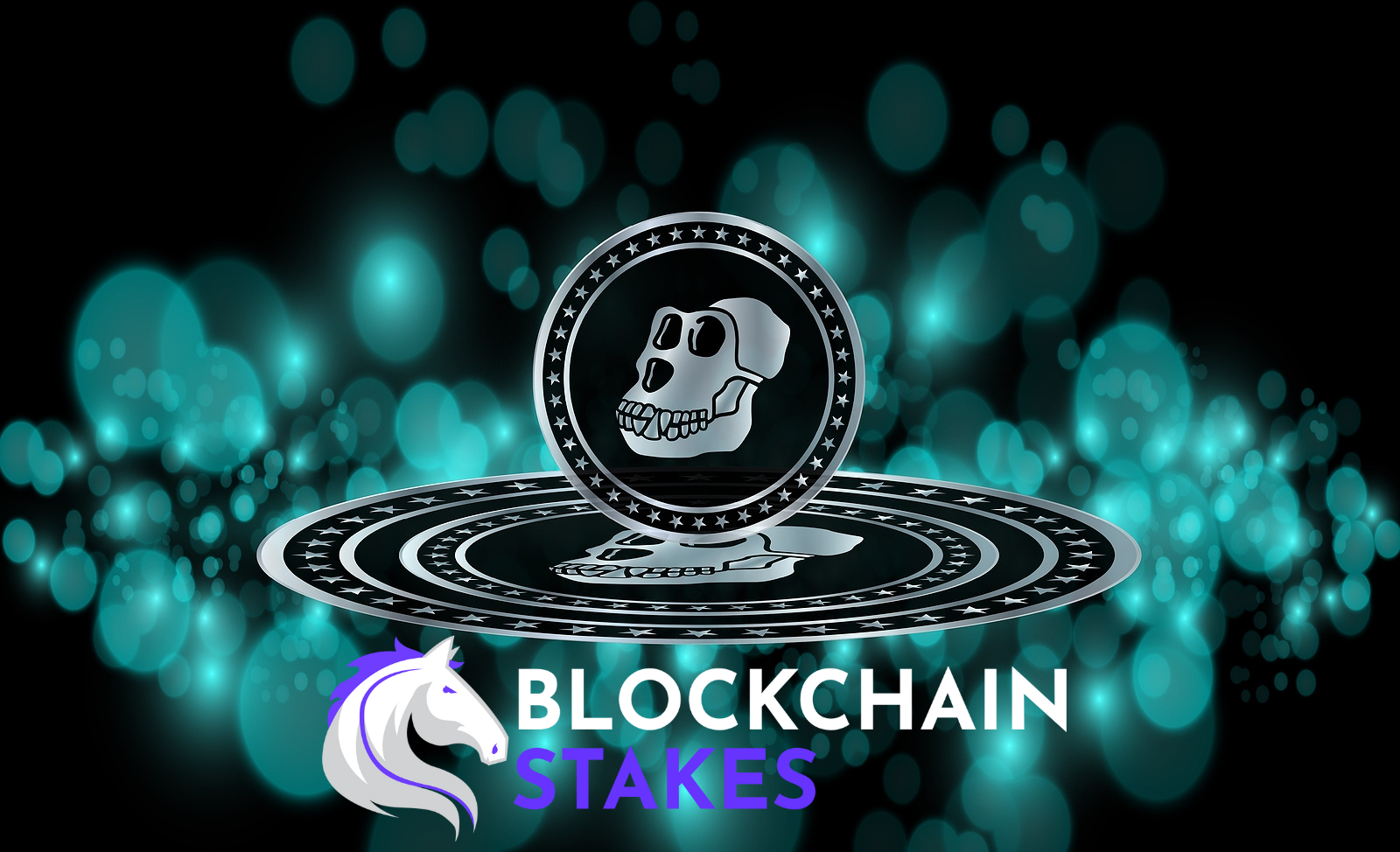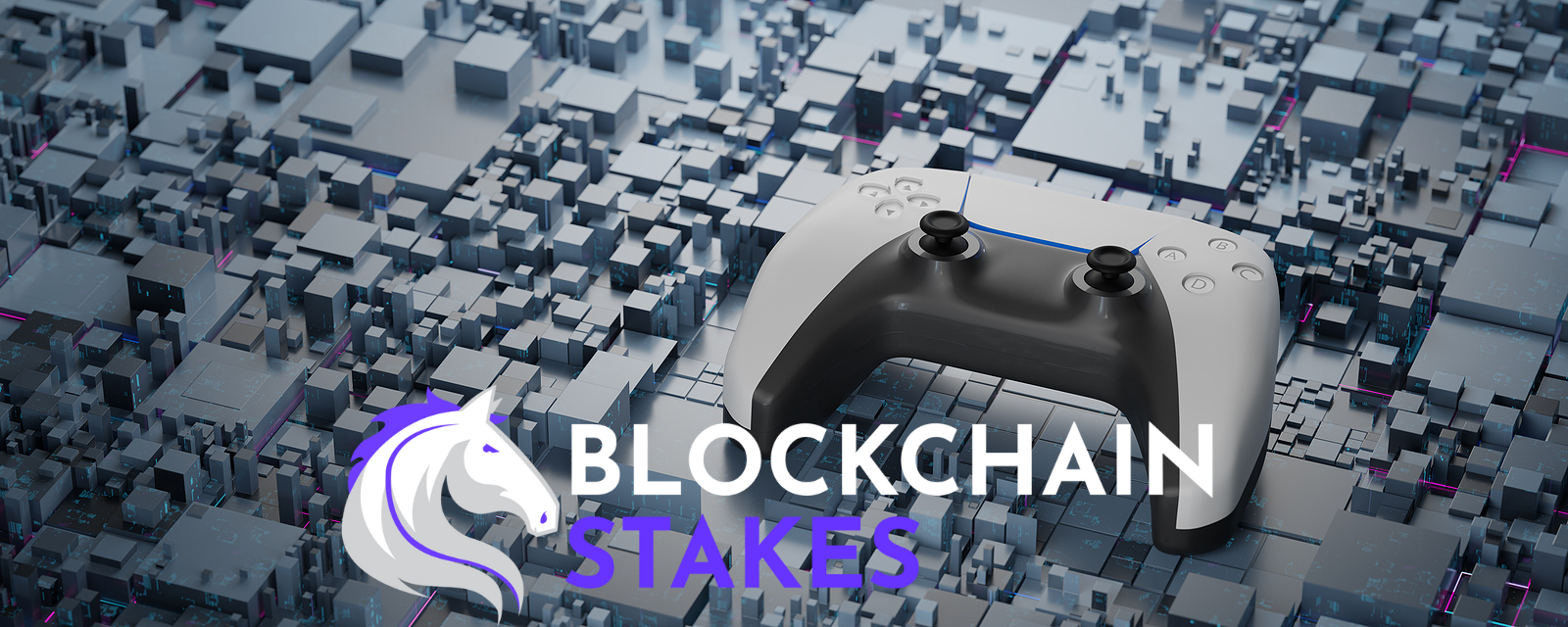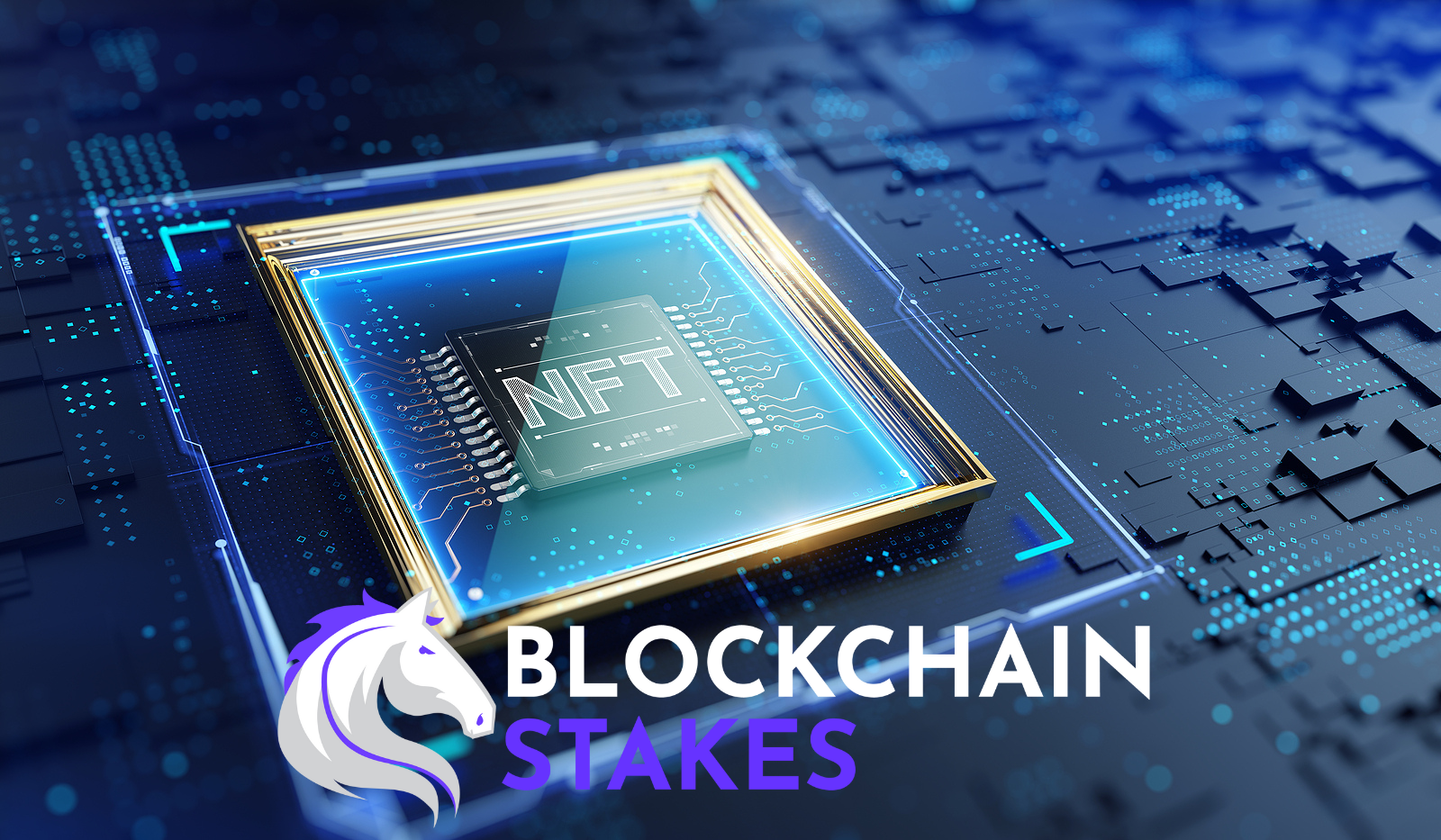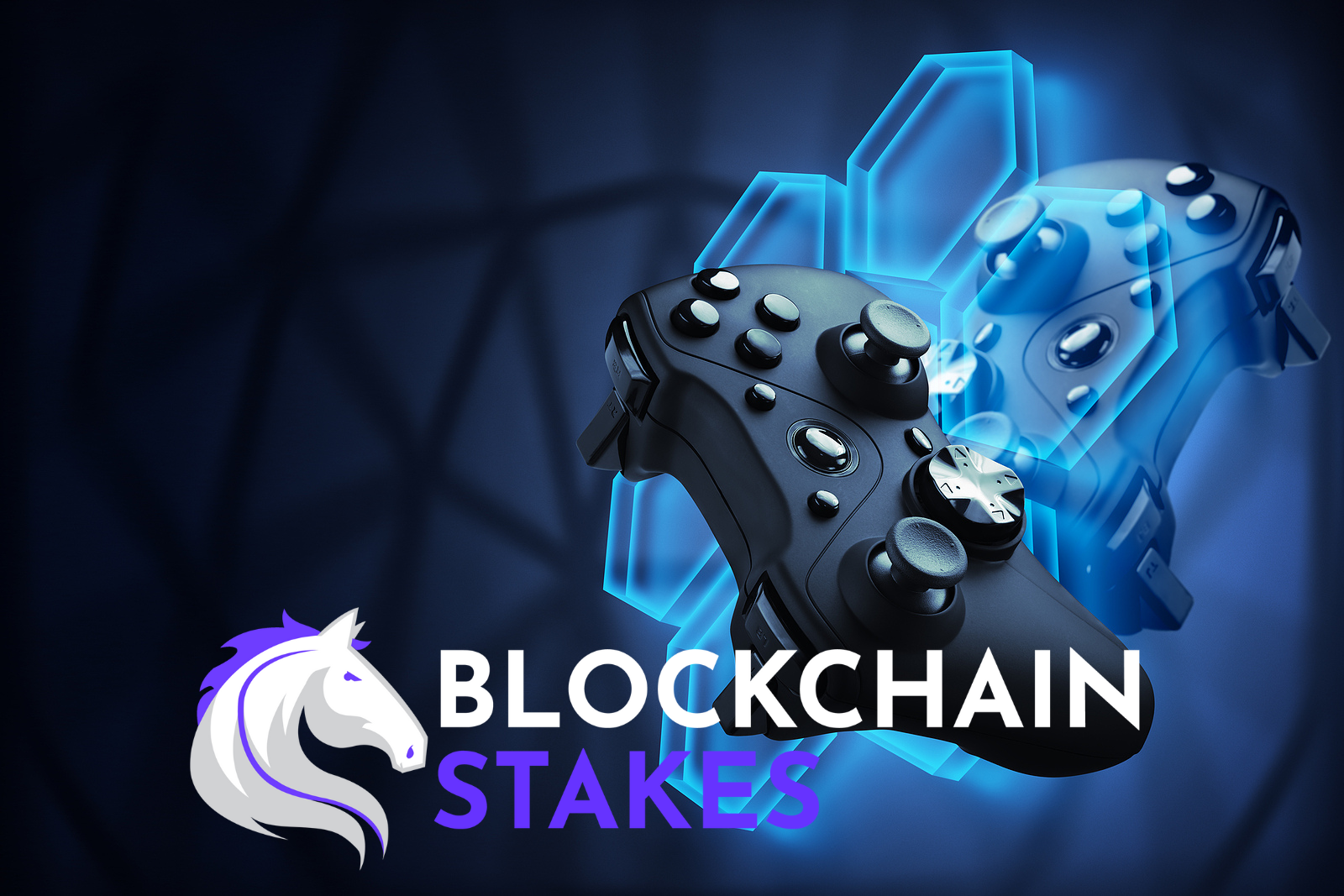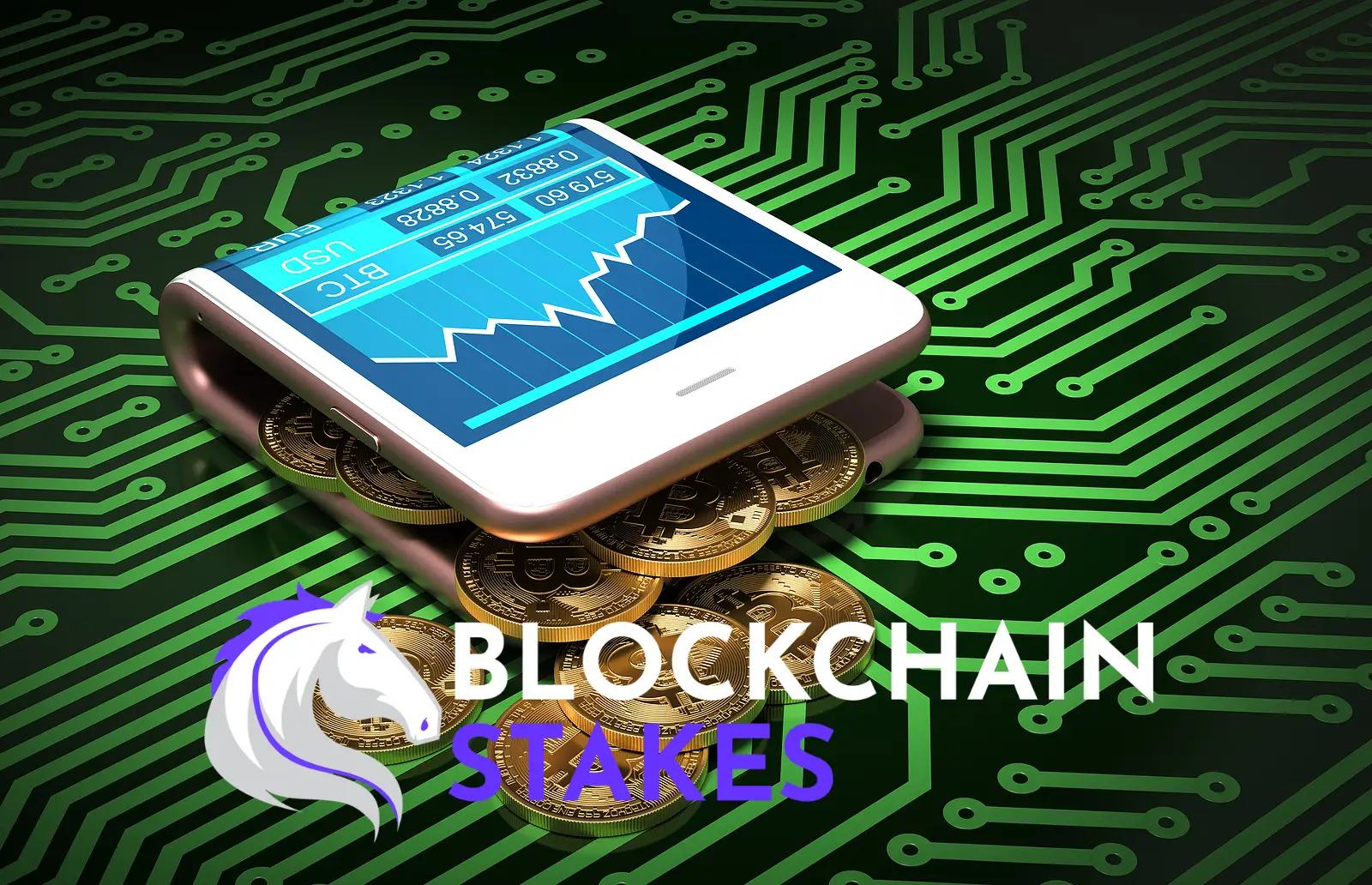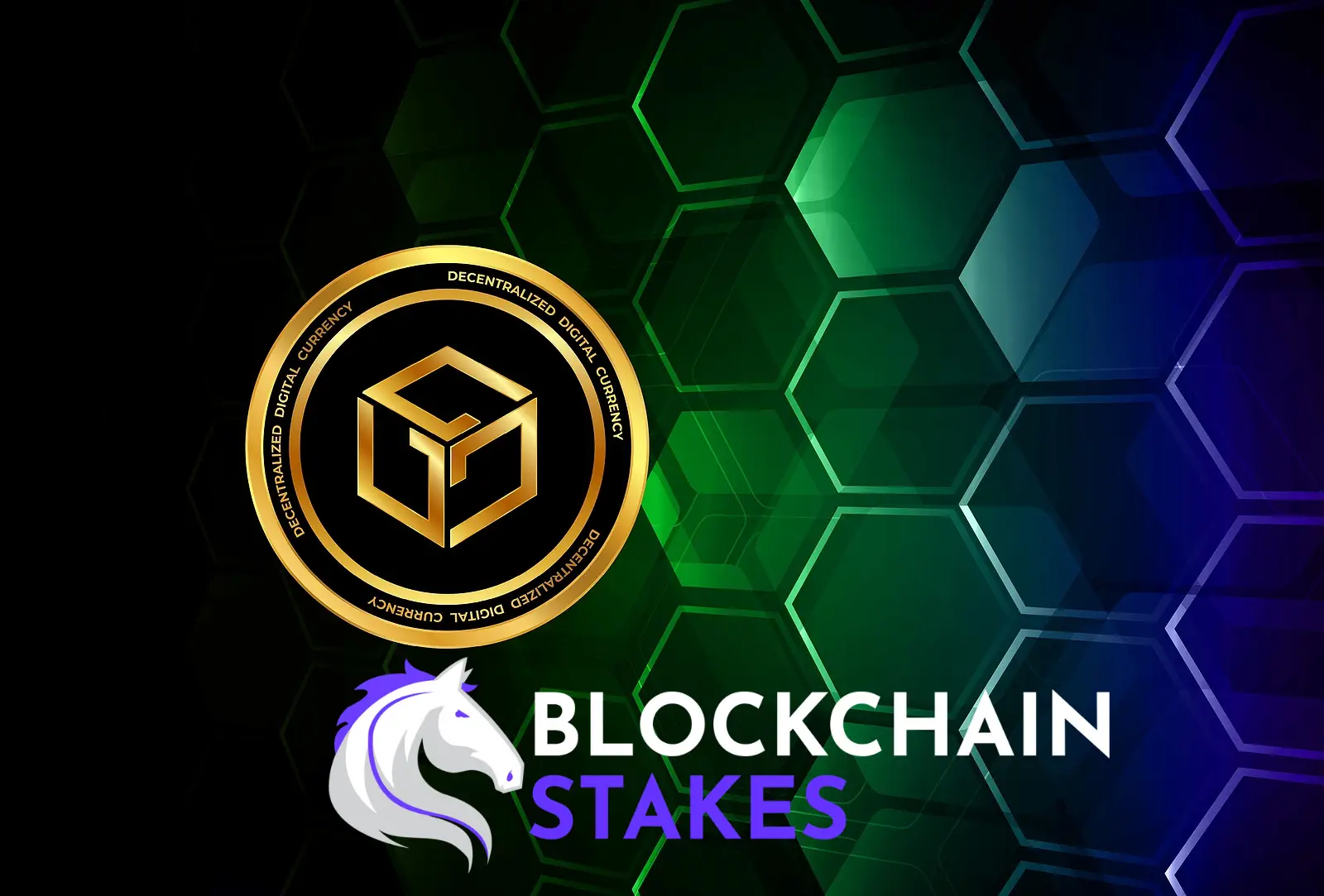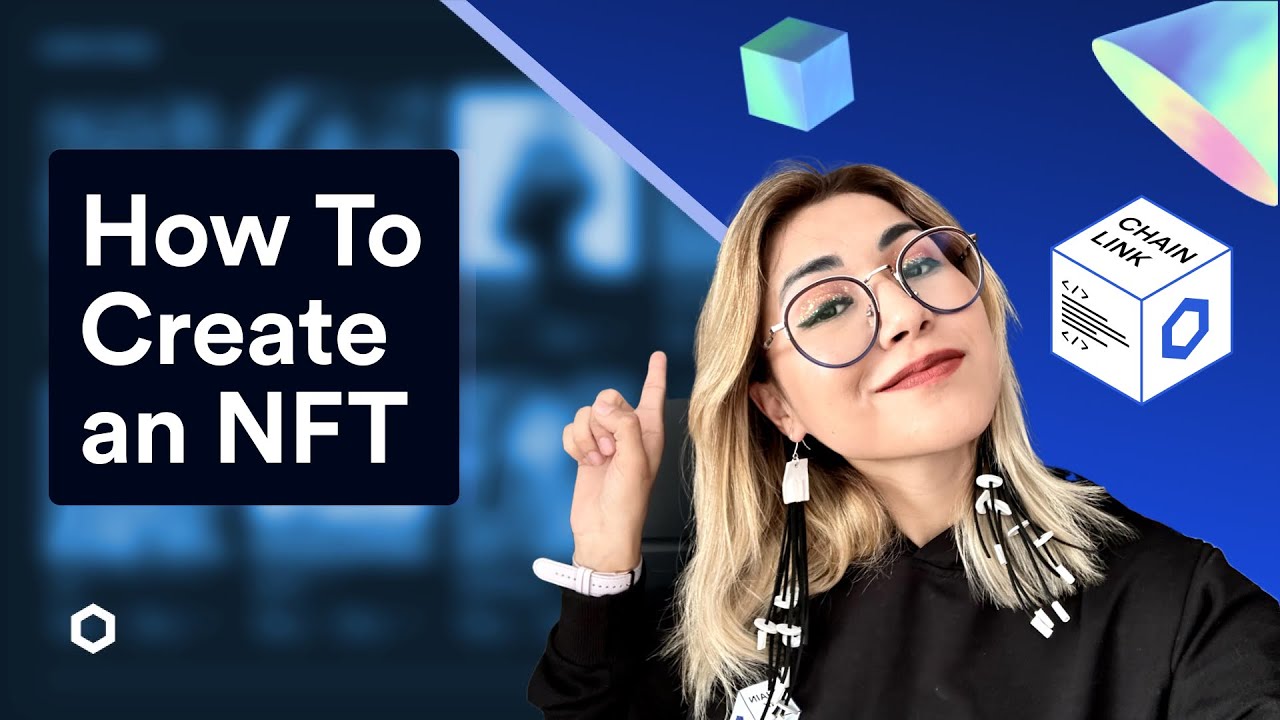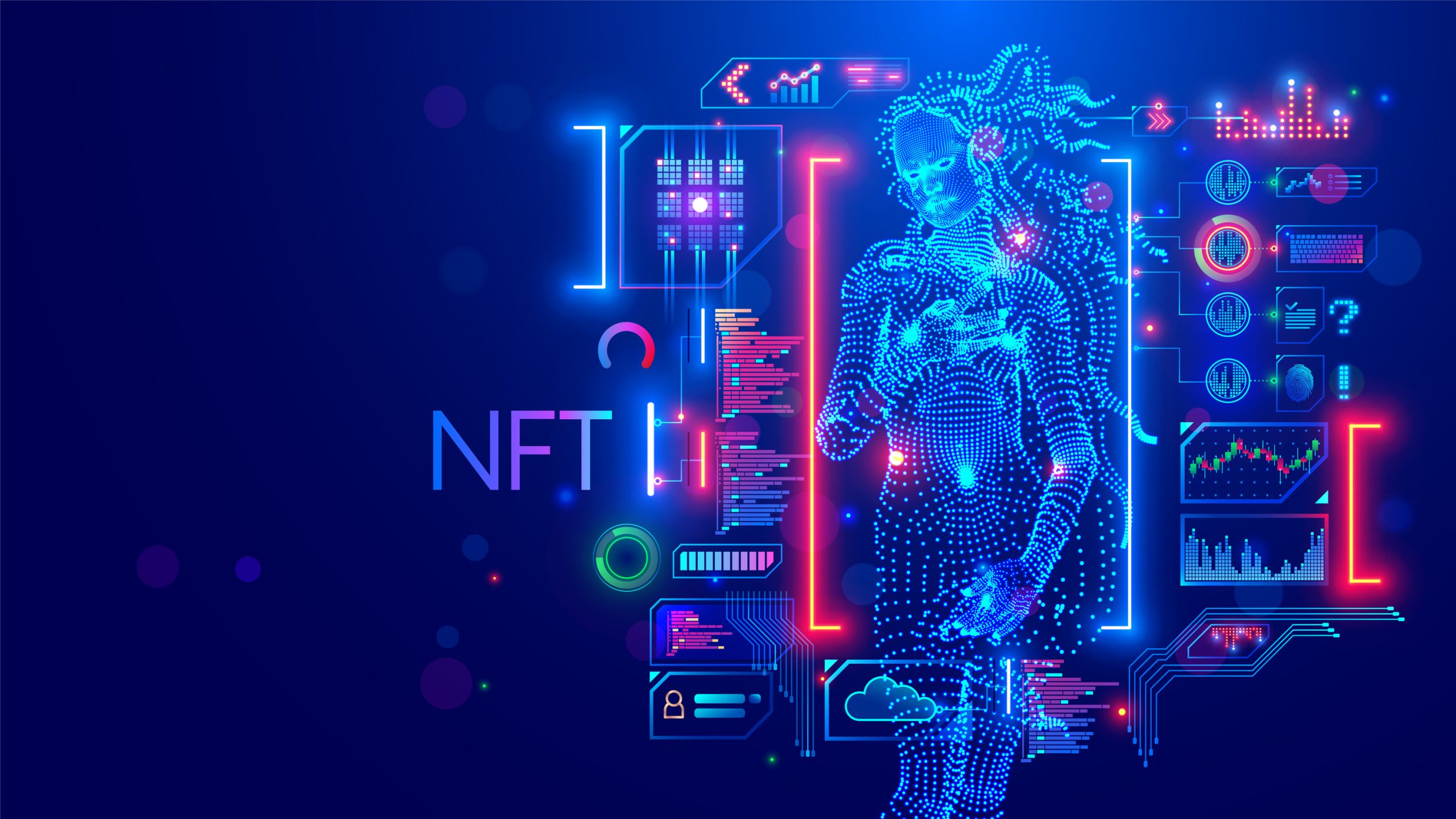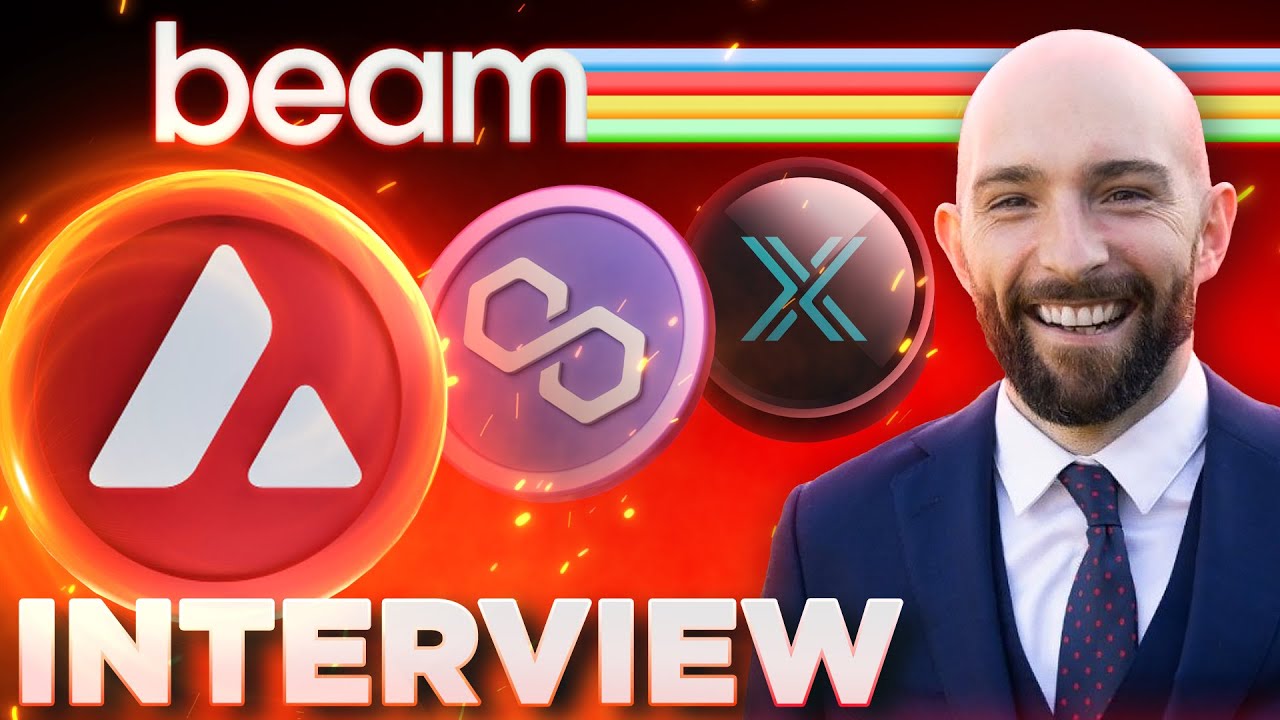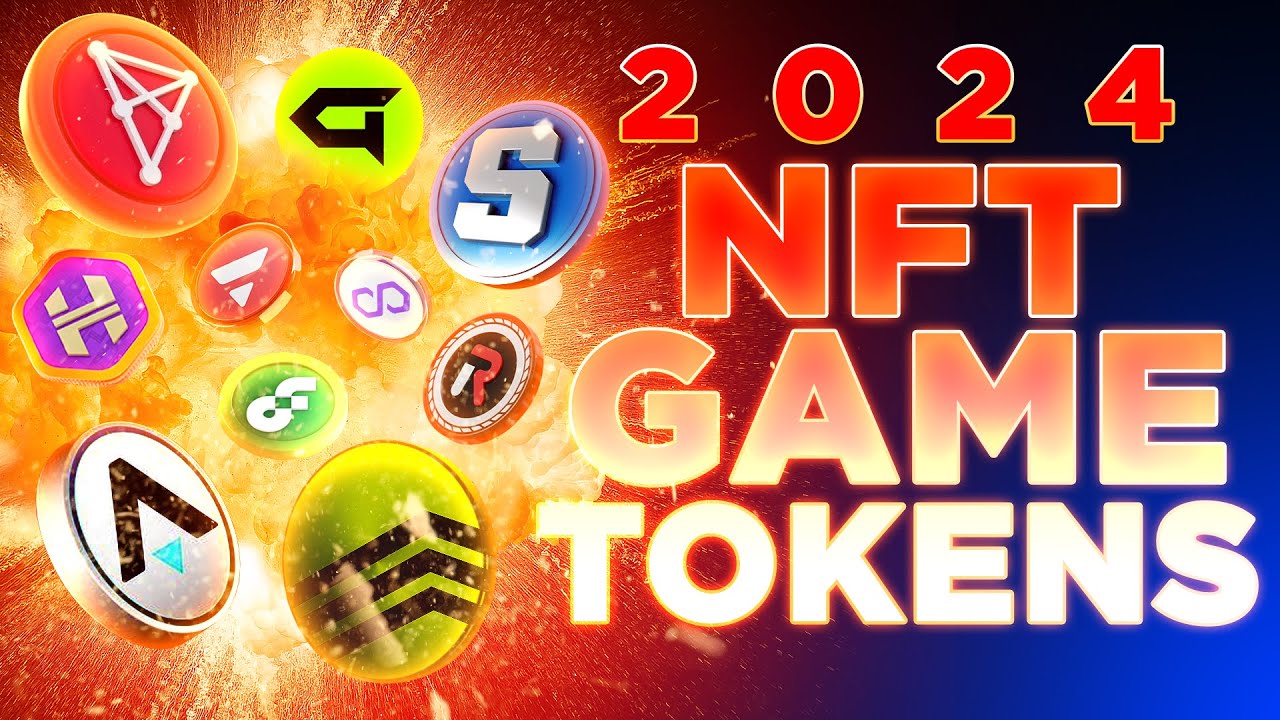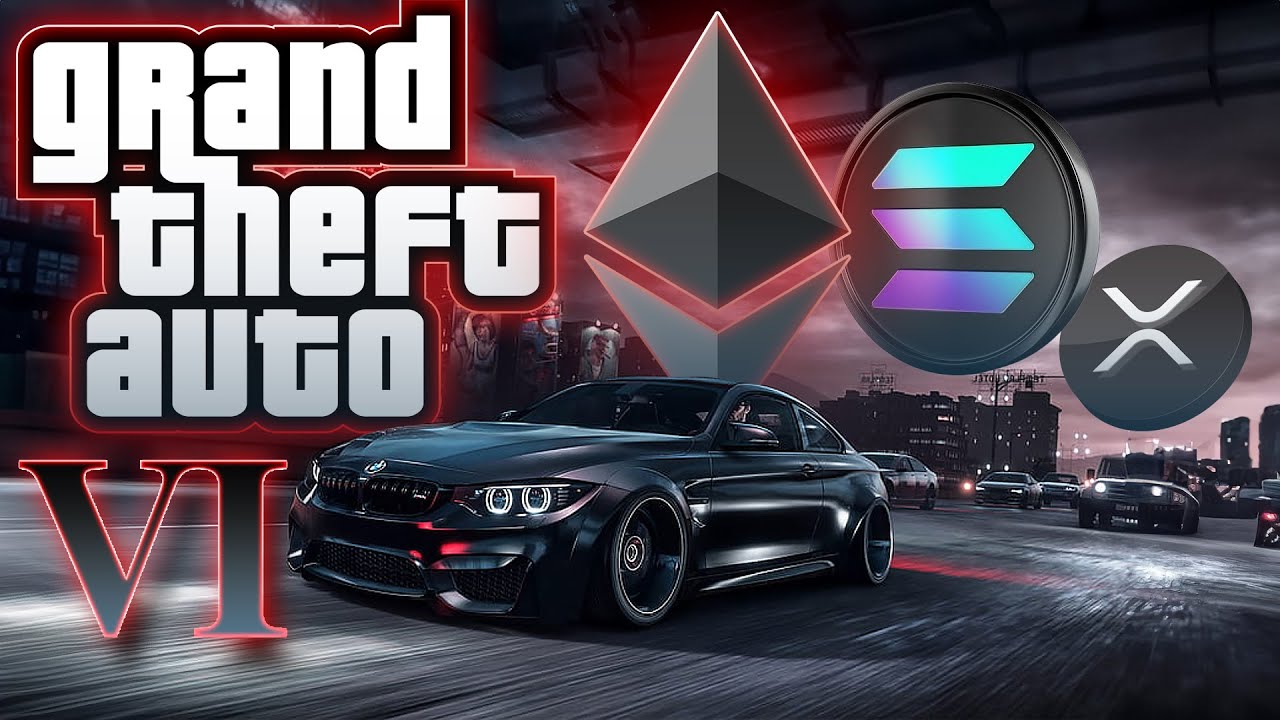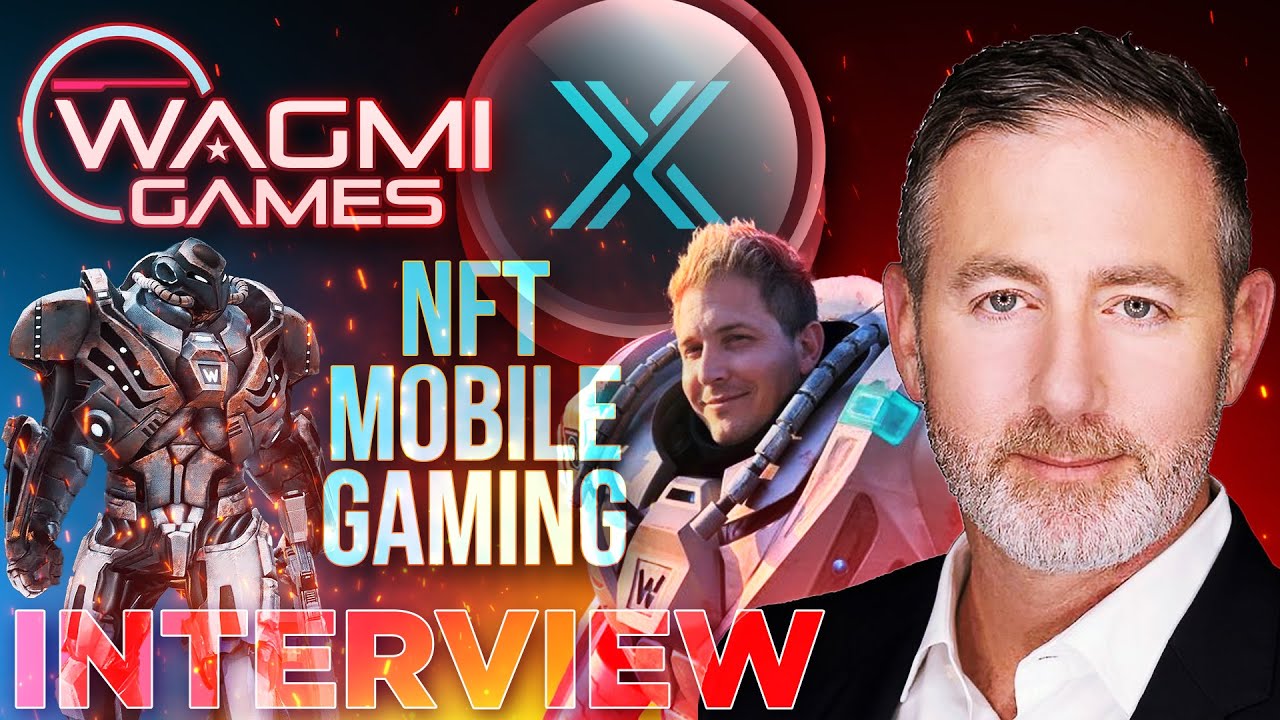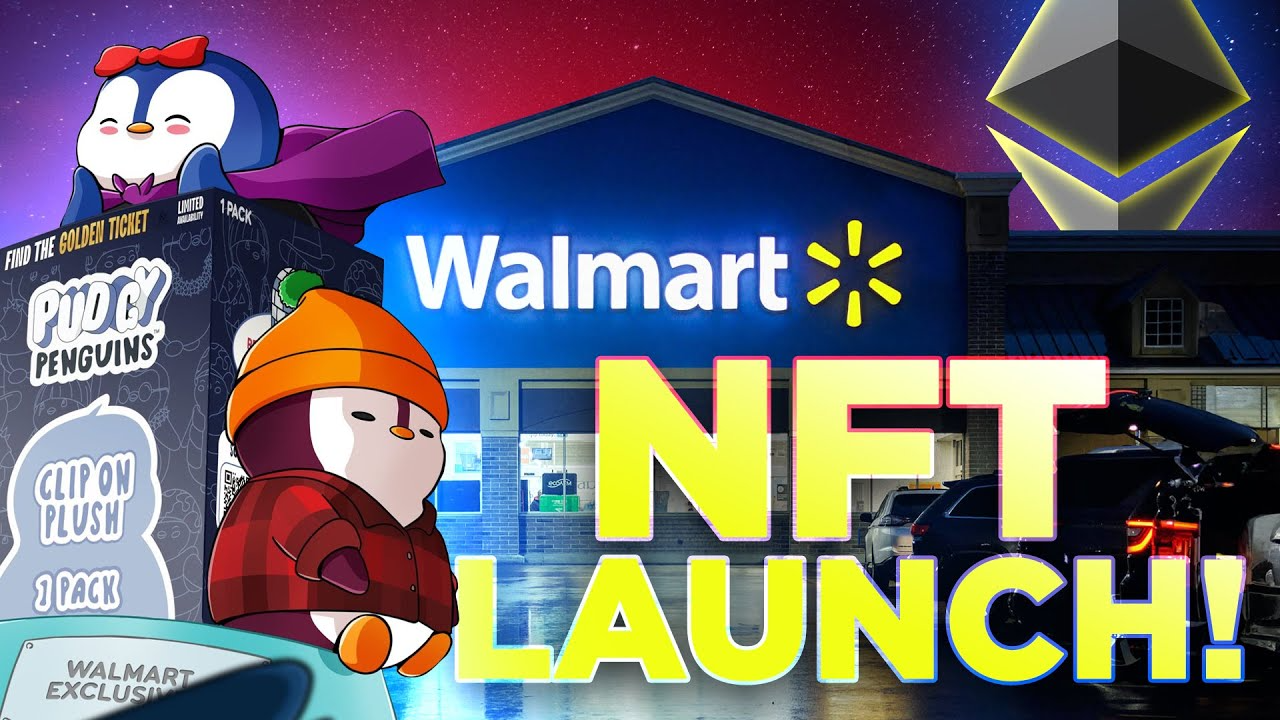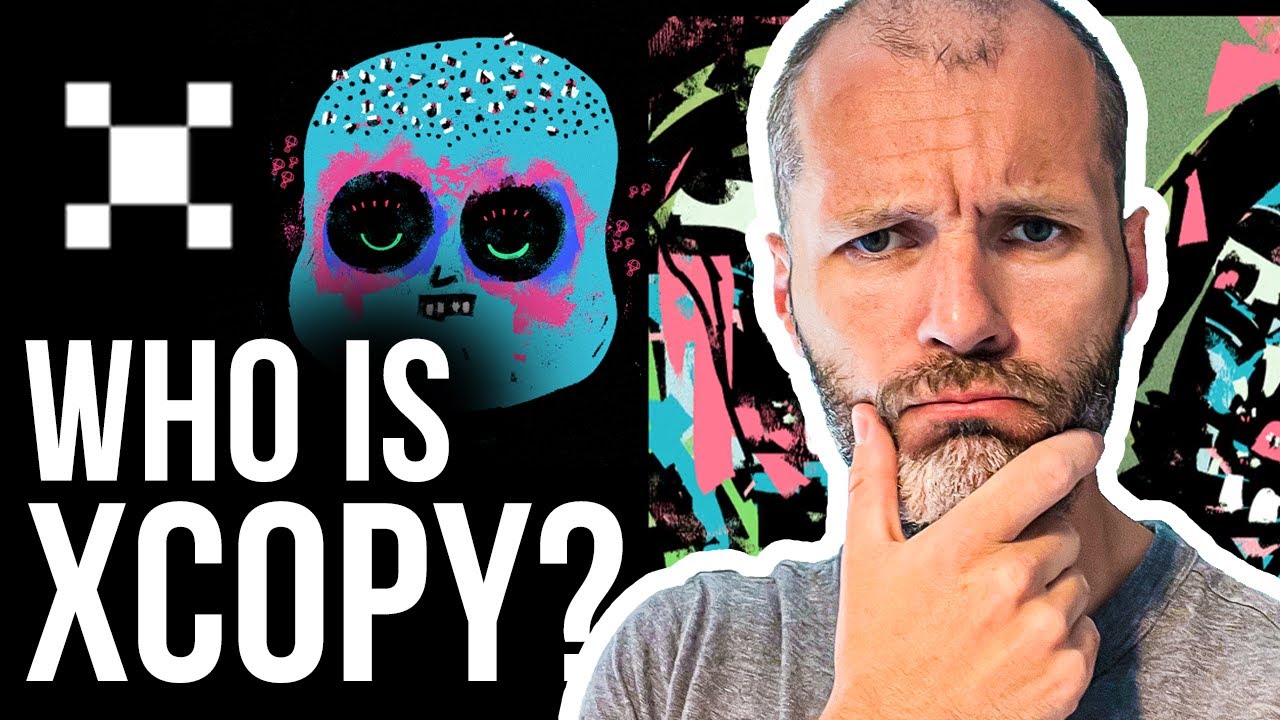Popular NFT Artists and Metaverse News
Embark on an immersive journey into the world of NFTs and blockchain gaming with our curated collection of articles. Discover the latest trends, innovations, and insights shaping the intersection of non-fungible tokens (NFTs) and gaming on the blockchain. Whether you’re a seasoned gamer, collector, or simply curious about the future of digital assets, our comprehensive coverage will keep you informed and inspired. Join us now and explore the exciting possibilities of this rapidly evolving landscape!”
Want to keep up with the latest news and trends in cryto?
Subscribe to our weekly newsletter
Frequently Asked Questions
An NFT, or non-fungible token, is a unique digital asset stored on a blockchain that represents ownership of a specific item, such as art, collectibles, music, video game items, or real-world assets like property deeds. Each NFT is distinct and cannot be exchanged on a one-to-one basis like cryptocurrencies due to its uniqueness. The ownership and authenticity of an NFT are verified through the blockchain’s decentralized ledger, providing transparency and immutability to the asset.
NFTs can be bought and sold on various online marketplaces dedicated to digital collectibles and art. Popular platforms like OpenSea, Rarible, Foundation, and NBA Top Shot offer a wide range of NFTs for purchase or auction. Additionally, centralized exchanges like Binance and FTX have started offering NFT trading services to cater to a broader audience of buyers and sellers. Each marketplace may have its unique features, fees structure, and community of artists and collectors contributing to the diversity of available NFTs.
The high prices associated with certain NFTs can be attributed to various factors that contribute to their perceived value in the market:
Rarity: Limited edition or one-of-a-kind NFTs are inherently more valuable due to their scarcity.
Creator Reputation: Works by renowned artists or celebrities often command premium prices based on their established reputation.
Historical Significance: NFTs representing significant moments in art history or cultural movements may hold intrinsic value for collectors.
Utility: Some NFTs offer exclusive benefits like access rights, royalties, or additional content that justify higher price tags.
Demand: The level of interest from collectors and enthusiasts can drive up prices through bidding wars or speculative trading activities within the marketplace.
Legal considerations related to owning or trading NFTs encompass various aspects that require attention from creators, buyers, sellers, platforms, and regulatory authorities:
Intellectual Property Rights: Ensuring proper licensing agreements for copyrighted material used in creating or selling NFTs is crucial to avoid infringement issues.
Ownership Verification: Establishing clear ownership rights through smart contracts or legal documentation can prevent disputes over authenticity or provenance.
Tax Implications: Understanding tax obligations related to buying/selling NFTs based on capital gains tax laws in different jurisdictions is essential for compliance.
Fraud Prevention: Implementing security measures like verifying creator identity, conducting due diligence on marketplace authenticity checks can help prevent scams or counterfeit sales.
Regulatory Compliance: Adhering to existing financial regulations governing securities offerings or money laundering prevention measures when dealing with high-value transactions involving NFTs is necessary for legal compliance.












